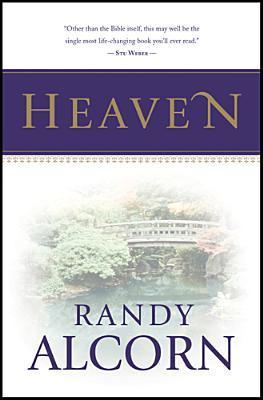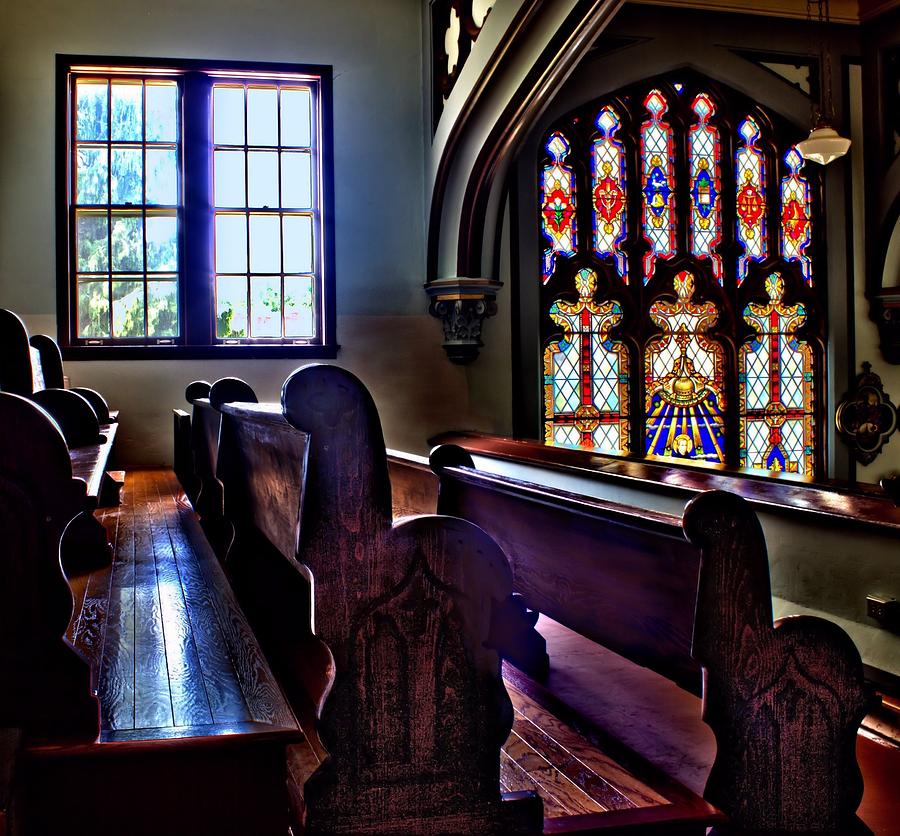
What do you usually do immediately after your Sunday morning church service ends? If you’re like most of church-going humanity, you probably have a routine. Upon the final “Amen”, you arise from your regular spot and your body follows a subconscious script. You may go to the nursery to pick up a child, maybe you have your weekly chat about the high school sports team with the person seated in the row behind you, or perhaps you hightail it toward the coffee to snag a to-go cup on your way out the door.
There’s nothing wrong with being a creature of habit, but many of us have the same routine at the end of a church service as we do at the conclusion of a sporting event or any other public gathering. We gather our belongings, utter some niceties, and shuffle toward the exits. That’s a problem. More specifically, it’s a bad habit.
Since the church body is a family of brothers and sisters in Christ, the end of the formal part of a service is not the end of church but rather the beginning of a new segment of the family gathering. When the structured gathering ends, an indispensable aspect of Christian vitality and growth—fellowship—continues.
Don’t get the wrong idea. You don’t have to be an extrovert who seeks people out like a goldendoodle puppy to faithfully participate in the fellowship of the church. You just have to be intentional.
If you’re one of the many believers with a bad habit of neglecting the broader fellowship of the church after the service, here’s one simple suggestion: set apart ten minutes after the gathering concludes and devote that time to getting to know others in the church family. This is a ten-minute commitment to invest in your eternal faith family and show hospitality to those not yet in the family.
To help set these ten minutes apart, it may help to consider what not to do, in order to be free and available for fellowship with the body of Christ.
1. Don’t Talk to Your Besties
There’s nothing wrong with having close friends in the church (in fact, there’s much right about that), but the weekly gathering is the one time each week when all the people you don’t naturally bump into are gathered in one place. Don’t miss that opportunity to experience the fullness of the body of Christ by getting to know those who are unlike you or from different life stages and interests. Not only will you benefit from a more diverse fellowship, but over time the supernatural unity of the Spirit will be gloriously on display as members of a church family have genuine care and concern for those outside their immediate circles. Let your closest friends know that right after the service (and, ideally, before the service as well), your aim is to engage the larger fellowship of the church family. Maybe this will encourage them to do the same!
2. Don’t Talk to Blood
Similarly, in those first ten minutes after the service, skip the chit-chat with your family. This is not to denigrate your family. If you get to regularly attend church with your extended family, that is a gift from God to be cherished. But very often, one’s family becomes the relationally safe enclave that undermines more intentional branching out into the broader church family. If your habit is currently to huddle up with your family to chat after church, it’s time to replace that habit with a better one. You’ll talk to your family later, so in those first moments after the official time is done, reorient your family outward toward the broader fellowship of the church family.
3. Don’t Talk Shop
While circumstances will arise that need the attention of a staff member or ministry leader, the goal in the minutes prior to and following the service is to be freed up for fellowship. It’s common for those involved in the formal functions on a Sunday (music ministry, kids ministry, elders, deacons, staff, etc.) to ‘talk shop’ with others who are also involved in leading and serving. But again, this is the one time each week that the building is filled with the faith family! The shop talk can wait or be accomplished with an email. You might even need to politely tell a fellow ministry leader, “Let’s discuss this later. I want to go meet those people before they leave.” In doing so, you’re not only prioritizing what matters, you’re setting the tone for a culture in which all the ministry leaders are flock-oriented.
Habits are what we do without noticing. Most people are not actively trying to have shallow relationships with the church family. But without realizing it, many people are missing the gift of rich church fellowship due to unexamined Sunday habits. I encourage you to devote ten minutes after the service for conversing with others in the faith family—and soon you’ll likely find that ten minutes is not nearly enough.
***
This post was written by Andy Huette, Senior Pastor of Christ Community Church in Gridley, Illinois, and orignally published by Mattthias Media. Here is the link to the original post: The Ten Minutes After Church Ends.
Check out: How to Walk into Church





